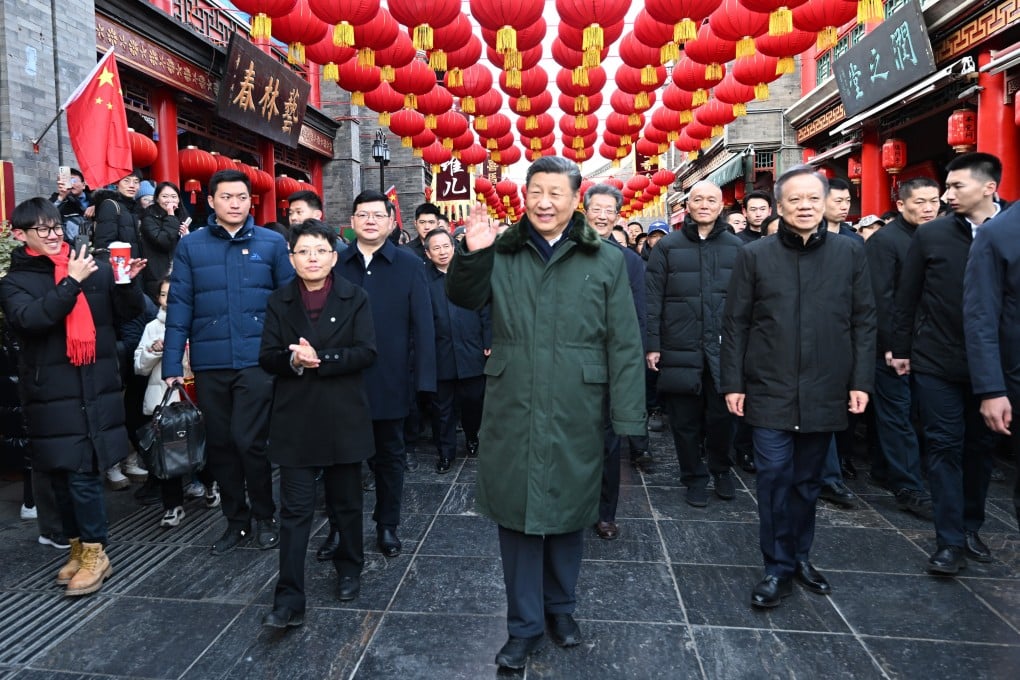My Take | Why Beijing is struggling with its mission to ‘tell China’s story well’
- President Xi Jinping wants officials and media to make China’s voice heard over the Western narrative
- Millions have been spent, but there is frustration that the campaign is doing little to sway international opinion

The objective was to make China’s voice heard over the Western narrative, as part of an “international discursive power” strategy.
That strategy – promoted by officials in recent years and known as guoji huayuquan in Chinese – calls for the right to speak, and the capacity to counter the Western narrative in the hope of shaping international opinion.
Officials have been told to have confidence in their own culture, history, ideology and political system so that an international audience can be told that China’s approach is better than the West’s on many issues.
This policy goal explains the increasingly assertive and sometimes confrontational rhetoric from Chinese officials and state media in recent years. Assertiveness and not backing down in the face of Western pressure is seen as the way to get “the right to speak”.

But, in public and in private, officials and state media executives have expressed frustration that the Chinese narrative is doing little to sway international public opinion.
